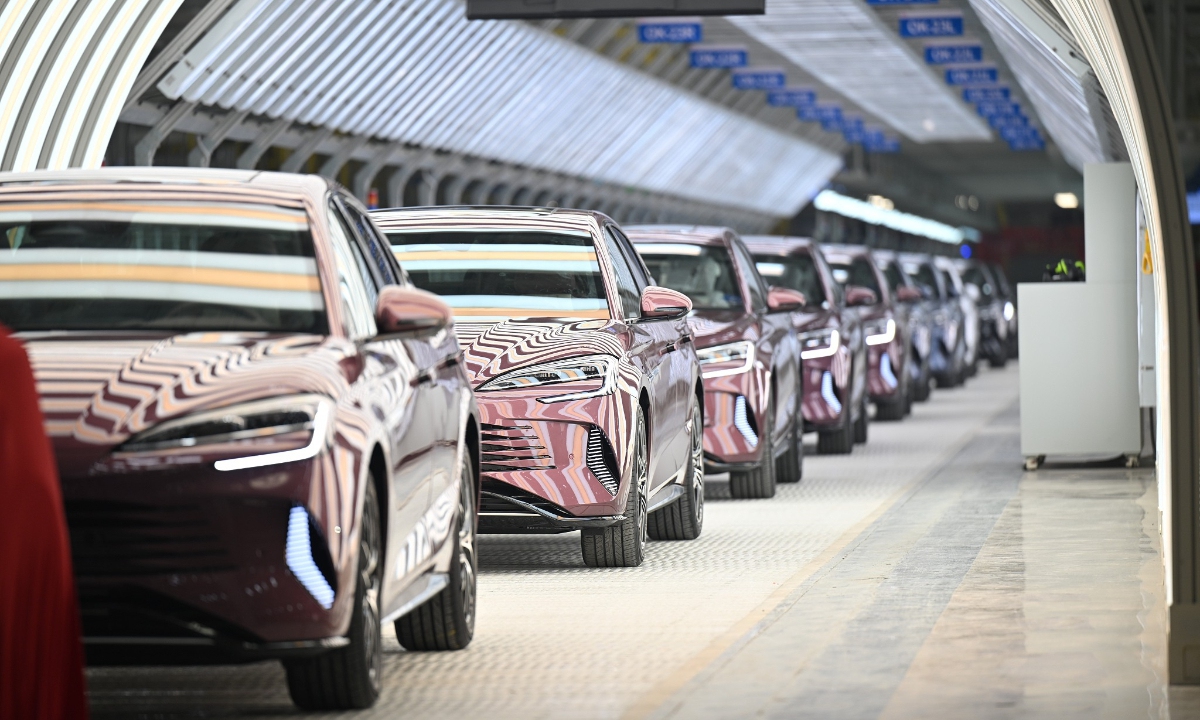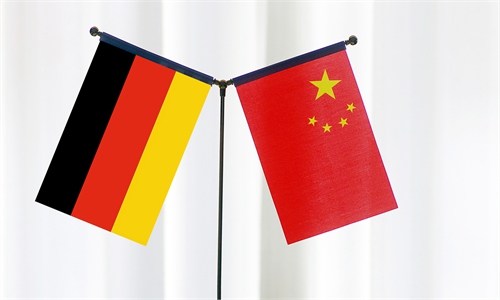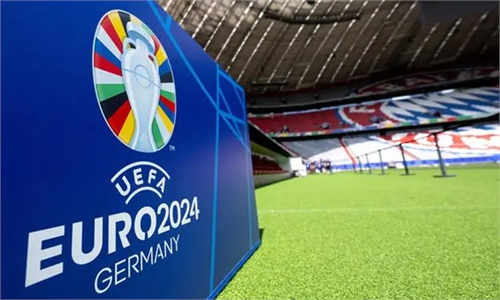EU’s anti-subsidy probe targeting Chinese EVs sparks confidence decline among investors: report

EV Photo:VCG
Confidence among Chinese electric vehicle (EV) companies has been severely undermined following the EU's unilateral decision to impose anti-subsidy tariffs targeting Chinese EV, a report released by a Chinese business representative group in the EU revealed, underscoring the regrettable impact the bloc's protectionist behavior has brought against normal business activities as well as bilateral economic and trade relations.
A recent survey jointly conducted by the China Chamber of Commerce to the EU (CCCEU) and the China Economic Information Service (CEIS) was released on Wednesday, suggested that 82 percent of surveyed Chinese EV companies felt that the EU's anti-subsidy probe had led to a decline in confidence in investing in Europe, while 73 percent said the investigation negatively impacted sales on the continent.
The report, entitled "Greening Europe: Report on the Development of Chinese NEV Manufacturers in Europe" was on the basis of extensive survey research, in-depth interviews and field visits. The report examines the development of Chinese new-energy vehicle (NEV) manufacturers in the European market and put forward constructive suggestions for China-Europe auto cooperation, according to the CCCEU.
According to the report, the EU's decision to impose provisional countervailing duties on Chinese EVs has harmed the confidence of corresponding Chinese investors operating in the region, as well as the bloc's business environment.
The report said that the competitive advantage of Chinese EVs stems from a free and competitive domestic market and that Chinese automakers have capitalized on green transition opportunities, putting themselves ahead of the competition.
The European Commission announced on June 12 the provisional measures, including plans to levy temporary countervailing duties ranging from 17.4 percent to 38.1 percent on EVs originating in China starting in early July, despite wide opposition from officials and business people of the Chinese and international communities, including those within the EU.
To gain a true picture of Chinese automotive businesses in Europe and assess the impact of the anti-subsidy investigation, the CCCEU and CEIS conducted a survey and in-depth interviews with over 30 NEV businesses and institutions beginning in April and May.
According to the report, following the EU's announcement of the anti-subsidy investigation, 73 percent of the surveyed Chinese NEV manufacturers reported a decrease in sales in the European market, while 67 percent said their brand reputation suffered as a result of the EU's actions.
Furthermore, 83 percent of the surveyed companies reported that their European partners were concerned about future cooperation, resulting in a significant drop in enthusiasm and collaboration among various dealers and leasing companies.
Moreover, 82 percent of the respondents said they felt less confident about future investments in Europe, and 72 percent said their local workers there were concerned about their employment opportunities.
The survey results show that most respondents believe geopolitical factors have led to a noticeable trend of politicizing economic activities. The imposition of the anti-subsidy tax is expected to significantly increase costs and complicate business operations, undermining the EU's efforts to create a favorable green economic environment.
Since the commencement of the investigation, there has been a noticeable negative impact on the sales and reputation of Chinese NEV enterprises operating within Europe, the report said, noting that this adverse situation has eroded the confidence of Chinese automotive manufacturers in their European ventures, negatively impacting the European commercial environment.
Additionally, these protectionist measures are anticipated to decelerate Europe's transition toward sustainable practices, adversely affecting the objectives of the "European Green Deal."
Through comprehensive research and data analysis of the industrial chain, the report also counters accusations of "China's dumping of low-cost EVs," the Chinese EV industry's alleged "reliance on subsidies," and concerns over "overcapacity."
Despite the challenges from the bloc, the majority of the respondents reaffirmed their commitment to "in Europe, for Europe." Notably, 67 percent of the respondents emphasized that the European market remains crucial to their global strategy, with hopes of building factories in Europe within the next five years. Many companies also plan to hire employees in Europe in 2024.
The report urges Chinese and European automakers to work together more closely to expand the EV market and contribute to a green global economic transition.
It states that China and Europe have a unique opportunity to transform the current supply chain into a "win-win" opportunity through collaboration, the report said.
Xu Chen, the CCCEU Chairman and Chairman of Bank of China (Europe), said that Europe once played a critical role as a leader and rule-setter in the green economy, facilitating the establishment of a global vision for dual-carbon goals.
China has become an indispensable global force in reducing emissions, transitioning energy, and achieving sustainable objectives. At the same time, the EU's anti-subsidy investigation into Chinese EVs represents a turning point in EU economic policy, signaling a shift toward inward-looking tendencies, Xu said.
As globalization evolves, with accelerated trends in near-shoring and friend-shoring of supply chains, the "Spaghetti Bowl" effect of intricate trade rules has become more pronounced, leading to new strategic choices for the EU amid the century's pandemic, geopolitical conflicts, and major power struggles, according to Xu.
The EU's decision on hiking tariffs has put businesses, including members of the Chinese chamber, at the forefront in the new-energy sector in Europe.
"We can feel the pressure and concerns within the industry. We hope that the efforts of the EU and Chinese business communities will converge, objectively viewing the contributions of Chinese companies to the green transition in Europe and globally, and genuinely aiding the construction of a China-EU green partnership," Xu said.


